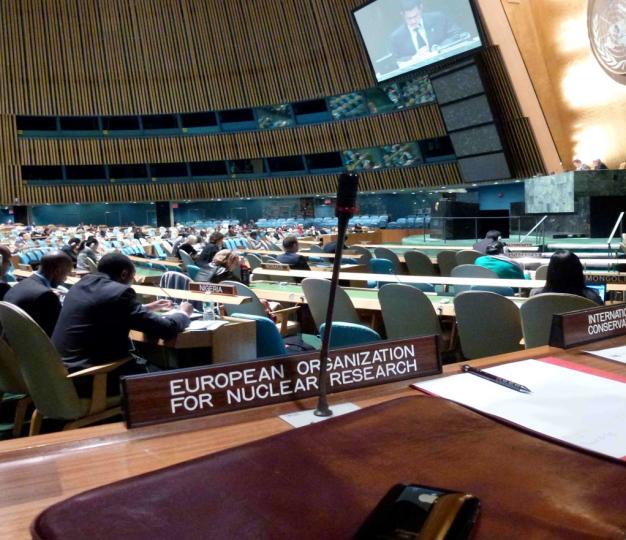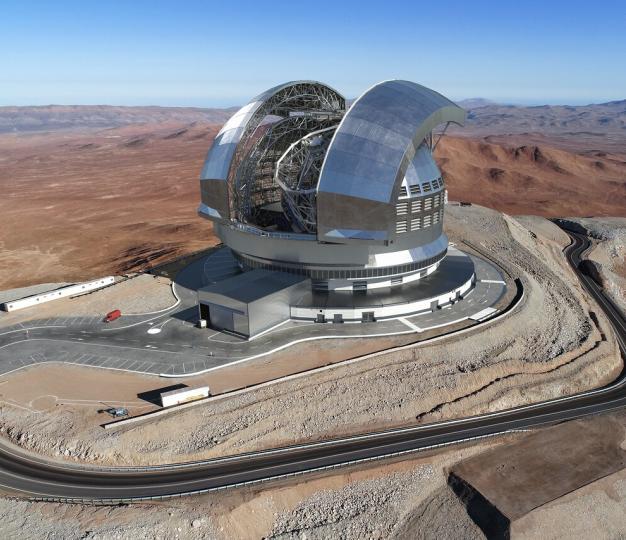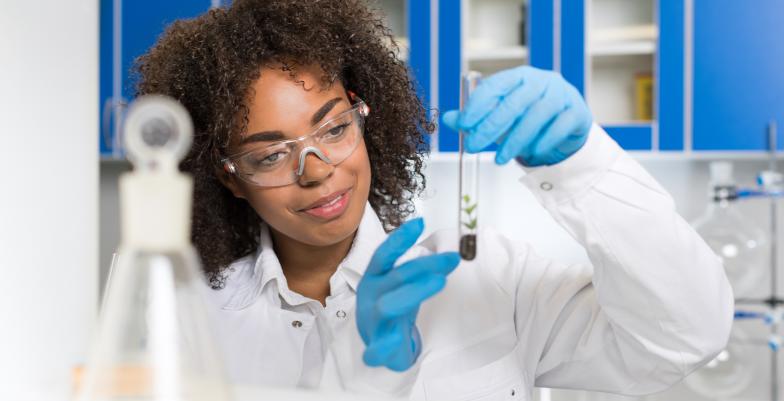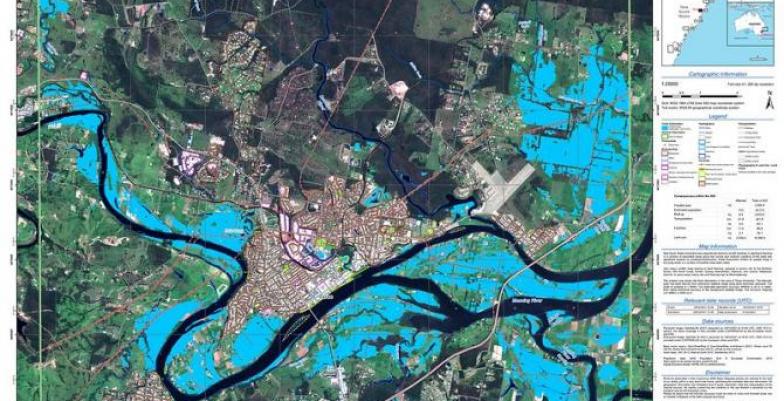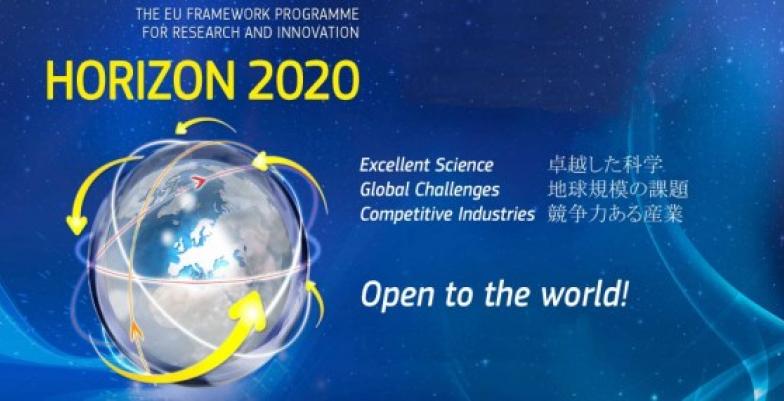Science diplomacy
Science and technology play an increasingly important role in the geopolitical arena. Issues span from the race for technological supremacy between global powers to the increasing politicization, militarization and commercialization of the global commons such as the polar zones, the high seas and outer space. New technologies have opened questions for diplomacy, from artificial intelligence to cybersecurity to automated drones. For this reason diplomats need to have a thorough understanding of what is “cooking in the labs” and how this may impact foreign and security policies. Not least the COVID-19 pandemic has shown how important it is for diplomats to reach out beyond traditional circles of foreign and security policy think tanks, and talk to natural sciences, social sciences, medicine, and engineering.
Science, technology and innovation can support diplomatic efforts in many ways. The Paris Climate Accord is among the most prominent recent examples of science enabling an international agreement. Science has always been a backbone of multilateralism through the worldwide cooperation of researchers. Science can help getting traction with non-likeminded countries and lead to tangible results, e.g. making multilateral institutions fit for the challenges of the 21st century.
Against this background, the EU is committed to the primacy of evidence-informed multilateral cooperation and of global solidarity. The COVID-19 pandemic is a case in point, as are climate change and the need to achieve the Sustainable Development Goals. As outlined in the EU’s Global Approach to Research and Innovation, a stronger focus on science, technology and innovation in foreign and security policies enables the EU to respond to such challenges, while simultaneously enhancing its resilience and strategic autonomy.
Last but not least, the defense of European values like academic freedom, research ethics and integrity, gender equality and diversity, and open science and data, is essential in a multipolar world where the system of rules-based multilateralism is undermined by foreign actors that interfere in academia, unduly appropriate intellectual property, and evade a level playing field based on reciprocity. Therefore, the inclusion of science, technology and innovation in the EU’s diplomatic toolbox and messaging does not only enhance the quality of our policy, but also helps the EU to project soft power and pursue its values and interests more effectively.
On This Page
Navigate the topic
What is science diplomacy?
Science diplomacy eludes an agreed definition but is generally understood to include three strands (see Royal Society/AAAS 2010):
- Diplomacy for science – the use of diplomatic action to facilitate international scientific collaboration, e.g. by negotiating R&D agreements and exchange programmes or enabling the establishment of international research infrastructures;
- Science for diplomacy – the use of science as a soft power to advance diplomatic objectives, e.g. for building bridges between nations and creating good will on which diplomatic relations can be built;
- Science in diplomacy – the direct support of diplomatic processes through science, e.g. by providing scientific advice and evidence to inform and support decision-making in foreign and security policies.
Science diplomacy at EU level
At the EU level, science diplomacy has gained a lot of prominence in recent years, most recently through the call by the Competitiveness Council to develop a European Science Diplomacy Agenda. In fact, the term “science diplomacy” appeared for the first time already in the 2012 Commission Communication “Enhancing and focusing EU international cooperation in research and innovation: A strategic approach”, which stated that science diplomacy will “use international cooperation in research and innovation as an instrument of soft power and a mechanism for improving relations with key countries and regions. Good international relations may, in turn, facilitate effective cooperation in research and innovation”.
This concept was further developed in the Communication “Open Innovation, Open Science, Open to the World: A Vision for Europe” (2016), which stated: “International research and innovation cooperation leading to common standards, scientific exchange and mobility, the sharing of resources and facilities, and scientific advice to diplomats and diplomat scientists should help underpin good governance and policy-making and build mutual understanding and trust”.
The role of science in the EEAS
The use of scientific evidence has always been a principle of EEAS activities. Examples of the integration of scientific advice into EU foreign and security policies include space policy, climate diplomacy, and crisis management, to name but a few. The Joint Communication “A stronger EU engagement for a peaceful, sustainable and prosperous Arctic” is a recent example of a policy document benefitting from scientific input. Similarly, scientific evidence is underpinning current priorities such as the Global Gateway Initiative.
Example of scientific support
Science Diplomacy is instrumental in the long-standing partnership between the European Union and the African Union, governed under the aegis of the High-Level Policy Dialogue (HLPD) on Science, Technology and Innovation. The European and African Union are developing a joint Innovation Agenda to enhance the local impact of the common research efforts. This Agenda was acknowledged at the EU-AU Summit 2022.
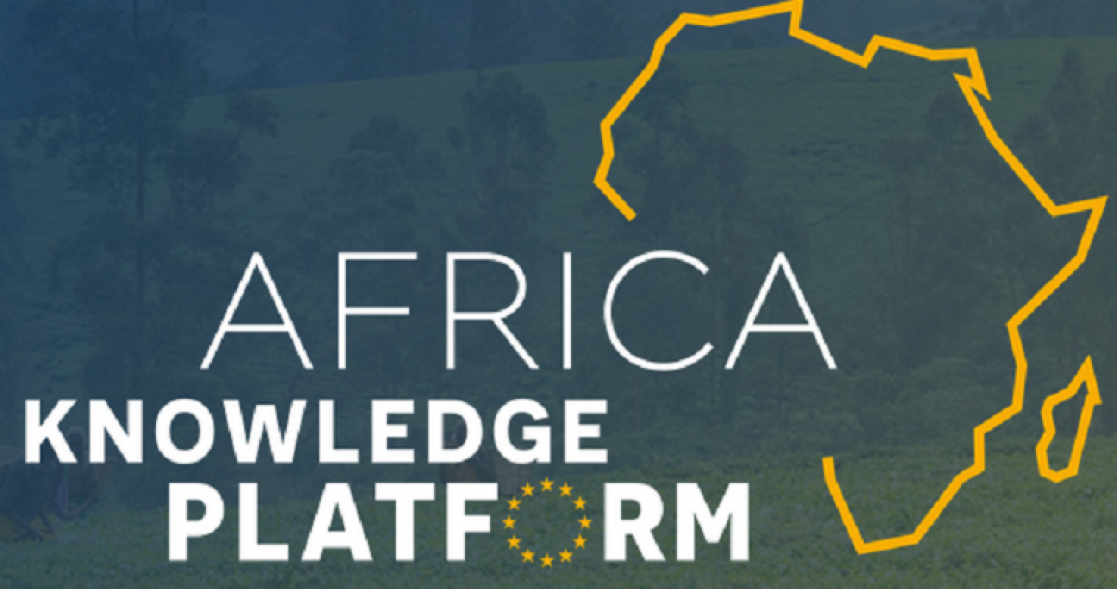
In this context, to help stimulate the dialogue and cooperation between European and African partners on programmes and tools for sustainable development, the European Commission’s Joint Research Centre (JRC) developed the Africa Knowledge Platform (AKP). The platform provides data and information on Africa's social, economic, territorial and environmental development. It aims to provide easy access to scientific information and raise awareness on available science-based evidence. The AKP covers the five areas of the EU Comprehensive Strategy with Africa: green transition, digital transformation, sustainable growth and jobs, peace and governance, migration and mobility. The interactive tool is accessible to European Commission, EEAS and EU Delegation staff, but also to stakeholders such as African partner institutions, EU Member States, development cooperation agencies, research institutions and universities, as well as civil society.
The AKP was developed based on the findings of the JRC Flagship Report “Science for the AU-EU Partnership” (2017) and builds on the strong record of cooperation between the JRC, the EEAS and African partners. The AKP is a visual, geospatial, and interactive platform providing scientific evidence translated and formatted to support the EU partnership with Africa in both policy and programming. The AKP is not a repository of all European-African projects, nor a catalogue of all existing data on Africa, but represents an important step in making data readily available to policy-makers, diplomats and practitioners.
Related documents and links
Communication on the Global Approach to Research and Innovation (May 2021)
For further information see:
International cooperation in research and innovation (DG RTD)

